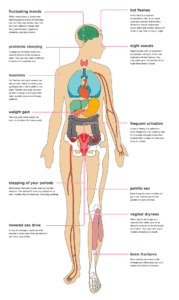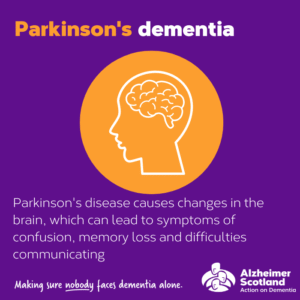Patau Syndrome (Trisomy 13) Symptoms and Diagnosis
Patau Syndrome (Trisomy 13): Symptoms, Diagnosis, and Prognosis
Understanding Patau Syndrome (Trisomy 13)
Patau Syndrome, also known as Trisomy 13, is a rare chromosomal disorder where a person has an extra copy of chromosome 13. This genetic anomaly leads to severe physical and intellectual disabilities. Among the three most recognized autosomal trisomies—Down syndrome (Trisomy 21), Edwards syndrome (Trisomy 18), and Patau syndrome—Trisomy 13 is considered the most severe. The presence of this extra chromosome significantly impacts brain and heart development, often resulting in critical medical issues that hinder survival.
Who is Affected by Patau Syndrome?
Patau syndrome can occur in individuals from all ethnic backgrounds, though it is more commonly seen in females. It is believed that the age of the mother plays a significant role in the likelihood of having a baby with Patau syndrome, similar to Down syndrome. The cause of Patau syndrome remains largely unknown, and it is often diagnosed during prenatal testing.
Symptoms of Patau Syndrome
Newborns with Patau syndrome typically show several distinct physical abnormalities and severe intellectual disabilities. Common symptoms include:
-
Polydactyly (Extra Fingers or Toes)
-
Rocker-Bottom Feet
-
Neurological Issues such as microcephaly (small head) and holoprosencephaly (failure of the brain to divide properly)
-
Facial Abnormalities like small or absent eyes (microphthalmia), malformed or absent nose, and cleft lip/palate
-
Heart Defects (Present in 80% of affected individuals)
-
Kidney Abnormalities
Most infants with Patau syndrome do not survive beyond the first month of life, with many passing before birth.
Diagnosis of Patau Syndrome
Patau syndrome is typically identified during routine prenatal screenings, including maternal blood tests, ultrasounds, chorionic villus sampling (CVS), and amniocentesis. A karyotype test, which examines chromosomes, is the most accurate method for confirming the diagnosis. If Patau syndrome is not detected during pregnancy, the signs are usually apparent at birth. Genetic testing is crucial to distinguish Patau syndrome from similar conditions, such as Edwards syndrome.
Imaging and Diagnostic Tests
In addition to genetic testing, imaging techniques like CT scans and MRIs are often used to detect brain, heart, and kidney defects. An echocardiogram (ultrasound of the heart) is also recommended due to the high incidence of heart problems in affected infants.
Managing Patau Syndrome: Treatment and Care
There is no cure for Patau syndrome, and treatment is typically focused on managing the individual physical conditions of each child. Many infants with Patau syndrome may need surgery to address heart defects or correct a cleft lip and palate. Supportive therapies such as physical, occupational, and speech therapy can help children achieve their fullest developmental potential.
Coping with Patau Syndrome
If Patau syndrome is diagnosed before birth, parents should discuss potential care plans with their healthcare providers. Some families opt for intensive medical intervention, while others may choose to terminate the pregnancy or focus on providing comfort and care for the child’s remaining time. These decisions are highly personal and should be made in collaboration with medical professionals.
Support for Families
Families of children diagnosed with Patau syndrome may benefit from genetic counseling to assess the likelihood of having another child with the condition. Support groups, like the Support Organization for Trisomy 18, 13, and other Similar Disorders (S.O.F.T.), offer valuable resources and emotional support for families. Grief counseling may also be helpful for parents who lose a child to Patau syndrome before or shortly after birth.
Key Takeaways:
-
Patau syndrome is a severe genetic condition that leads to significant physical and developmental challenges.
-
Early diagnosis through prenatal screenings can help prepare families for managing the condition.
-
While there is no cure, surgeries and therapies can improve quality of life for affected children.
-
Emotional and genetic counseling support is essential for families coping with the impacts of this syndrome.
Frequently Asked Questions (FAQs) Explore answers to common questions about Patau syndrome, its diagnosis, and the options available for affected families.
By focusing on the unique needs of each child, families can make informed decisions about care, ensuring that their child receives the best possible support in their journey.



